The Writing Life: Good Dialogue Isn’t Real Dialogue
I’ve often heard others say that in order to write good dialogue, you need to write the way people talk. You need to listen to speech patterns and expressions and emulate what you hear. The problem with this is that most real life conversations require a good editor. Everyday speech is filled with repetition and fillers and unnecessary adverbs like “basically” and “really” and “very.” Not to mention that many conversations tend to be unfocused and repetitive and stray off on tangents.
One way to think of it is that dialogue in writing is good conversation, but conversation in real life is not necessarily good dialogue.
So in order to write good dialogue, the trick is to write the way people should talk rather than the way they actually talk. You want to write dialogue that sounds believable but in real life never happens.
To quote Alfred Hitchcock: “A good story is life with the dull parts taken out.” Good dialogue is very much the same.
So what’s one of the best ways to learn how to write good dialogue? By watching movies.
Movie scripts have to be crisp and efficient. They’re all dialogue and action without the fiction writer’s burden of having to fill in the blanks with narrative prose. Obviously not all movies are great examples on how to write dialogue, but those that are contain dialogue that has a rhythm, is filled with conflict, and moves the story forward. Some of the films that get it right include L.A. Confidential, The Departed, Airplane!, Diner, and The Graduate.
I’d also recommend watching a selection of films written by David Mamet, Woody Allen, Quentin Tarantino, Mel Brooks, and Joel and Ethan Coen. All of these writers have a flair for dialogue and do a great job of conveying the rhythms of speech and conversation. The Coen Brothers are especially adept at conversation.
Naturally, since we’re talking about writing, it’s a good idea to read dialogue, too. So read as much as possible and as many different authors as possible. Read mysteries, romance, social satire, and thrillers. And if you’ve never read any Elmore Leonard, Robert Parker, or Christopher Moore, you might want to give one or more of them a shot, if nothing else than to see how they handle dialogue.

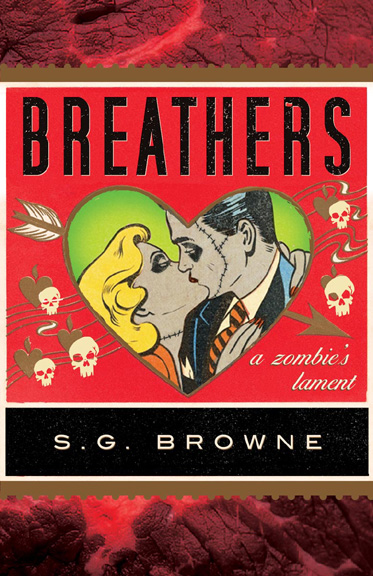
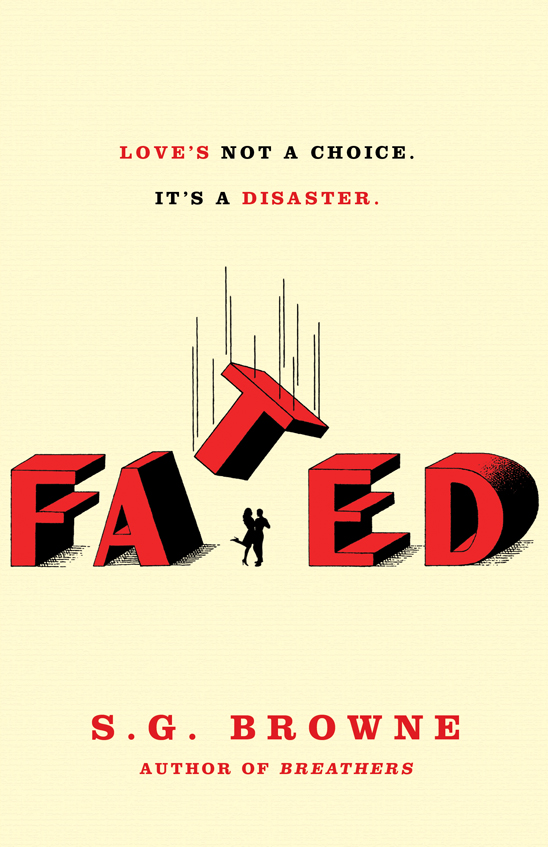
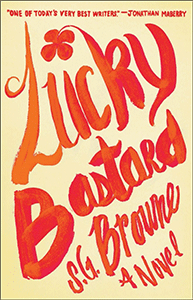
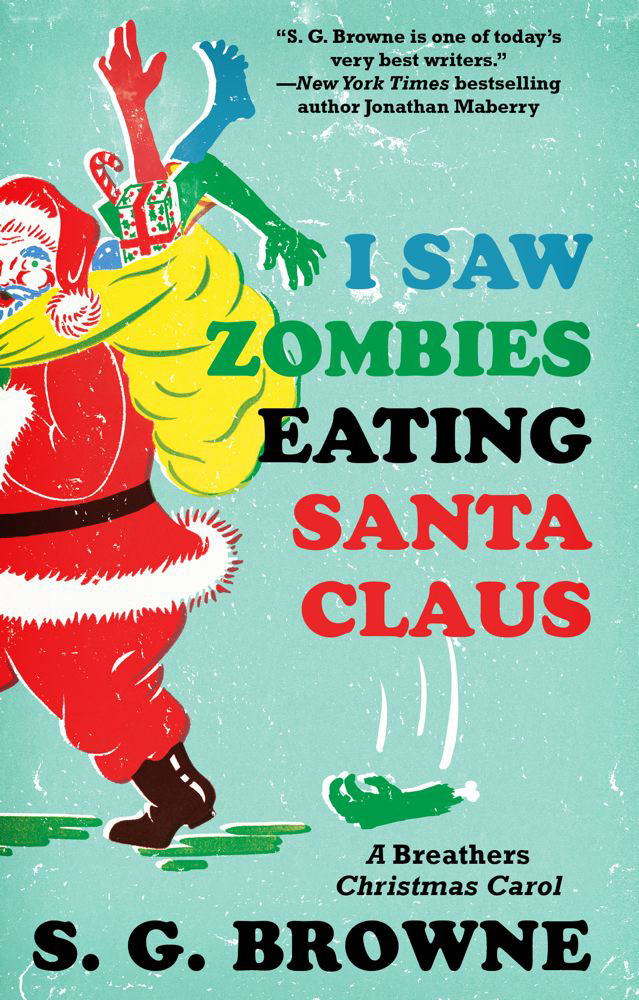
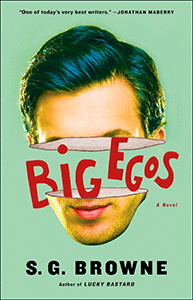
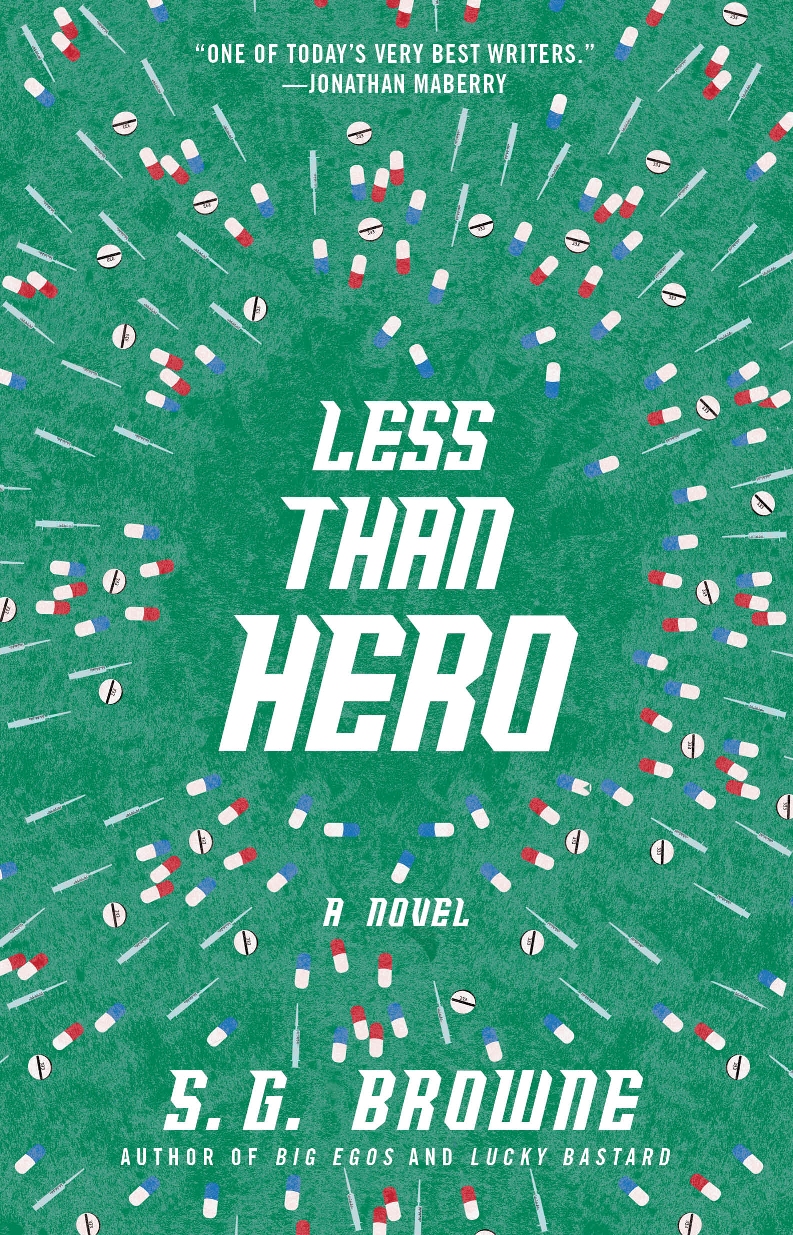
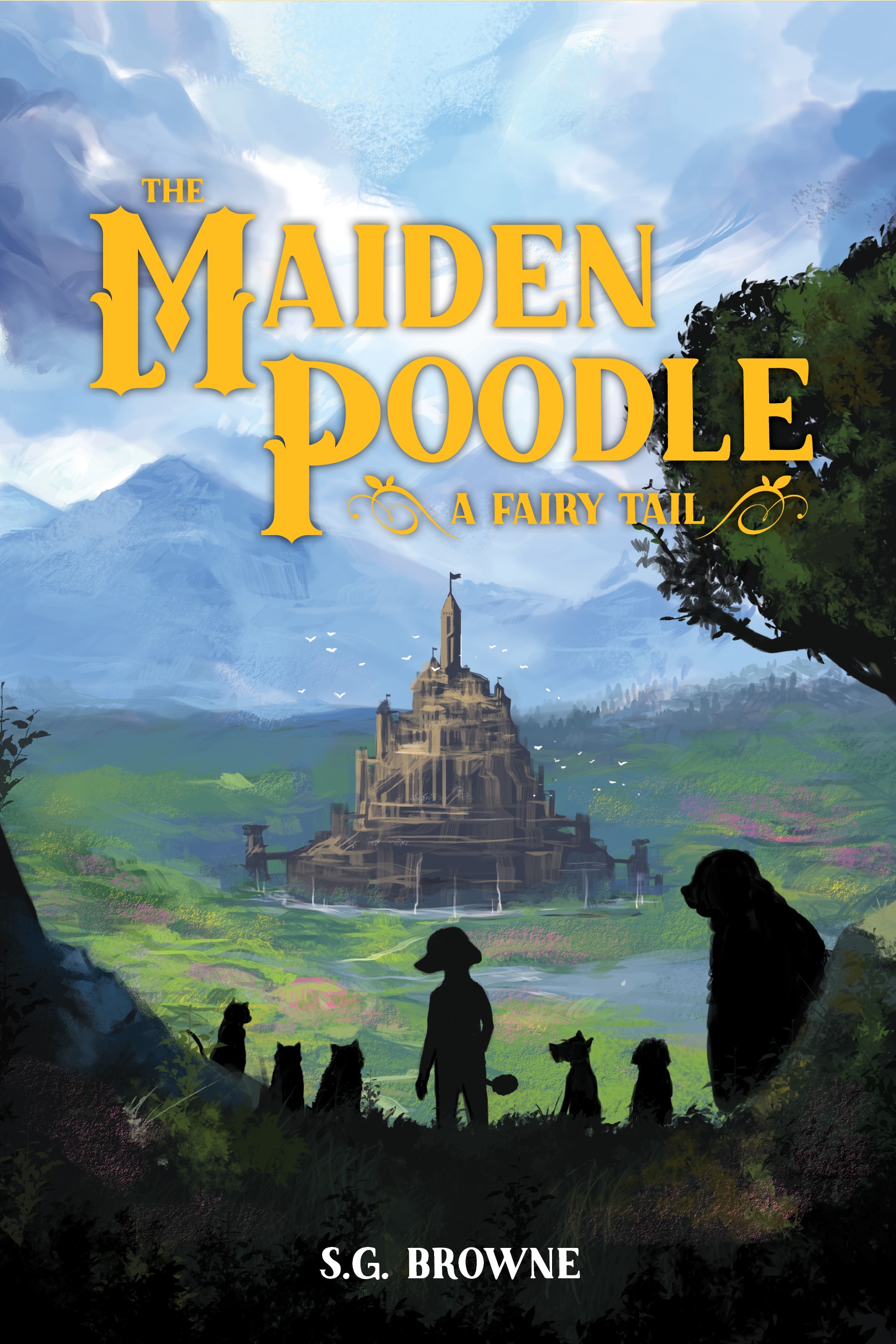
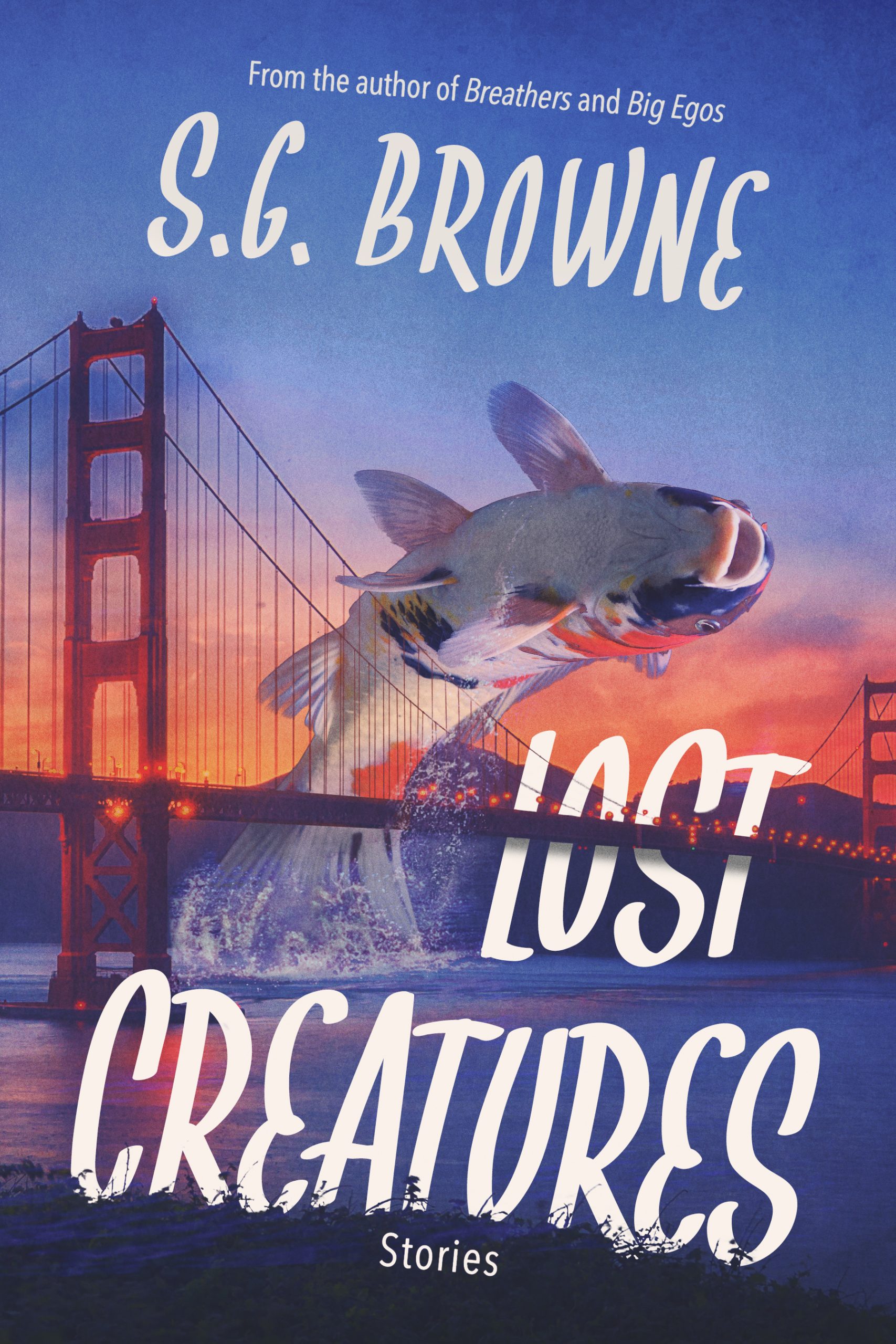
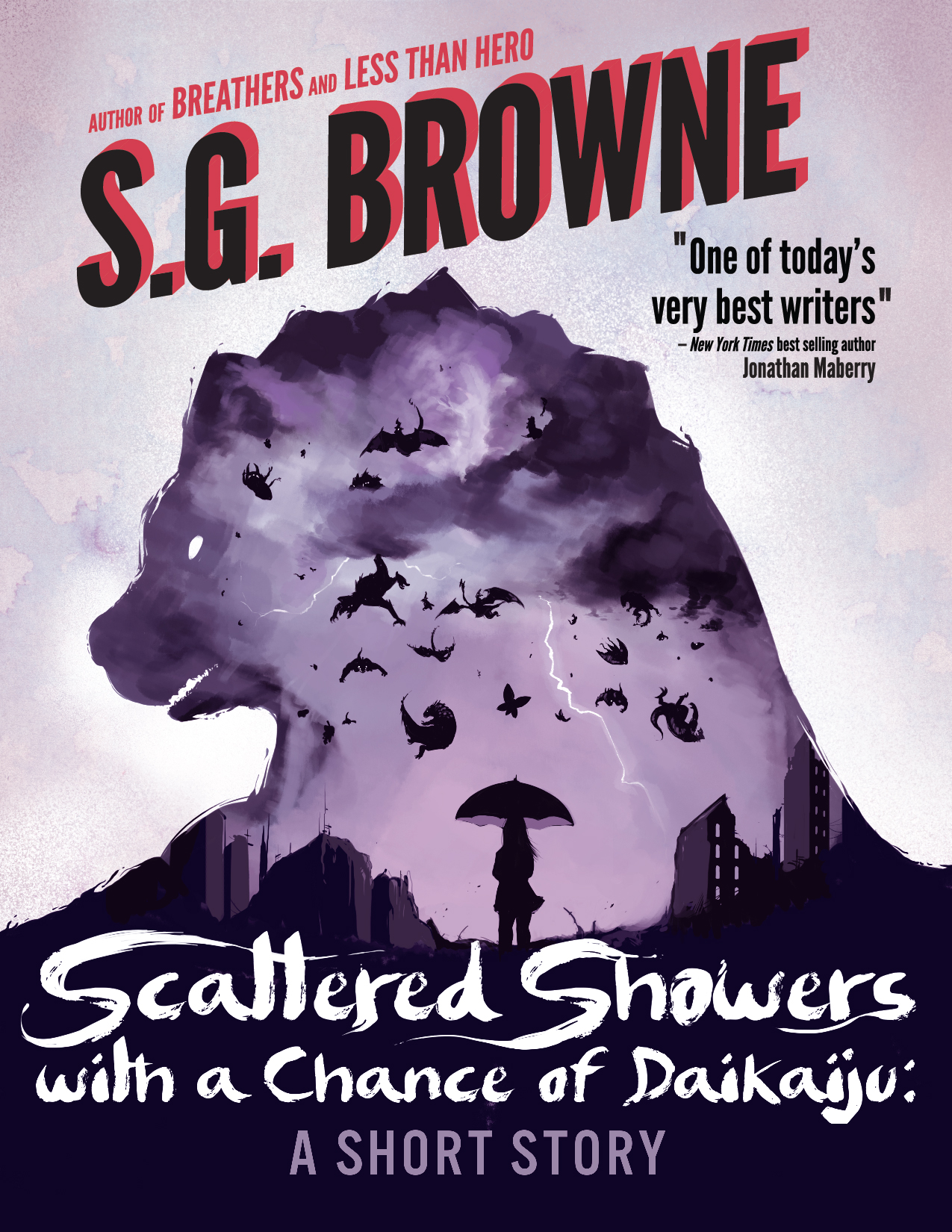
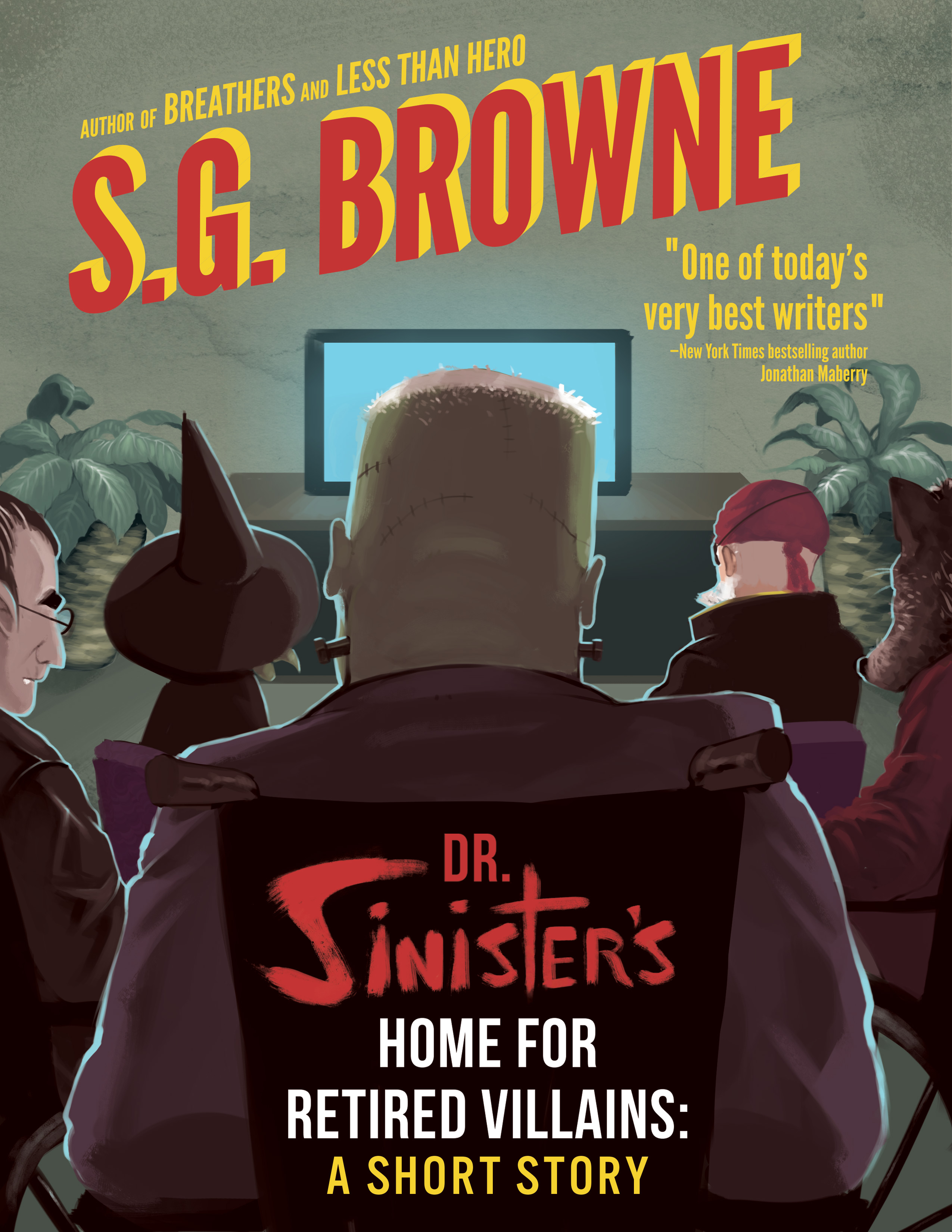
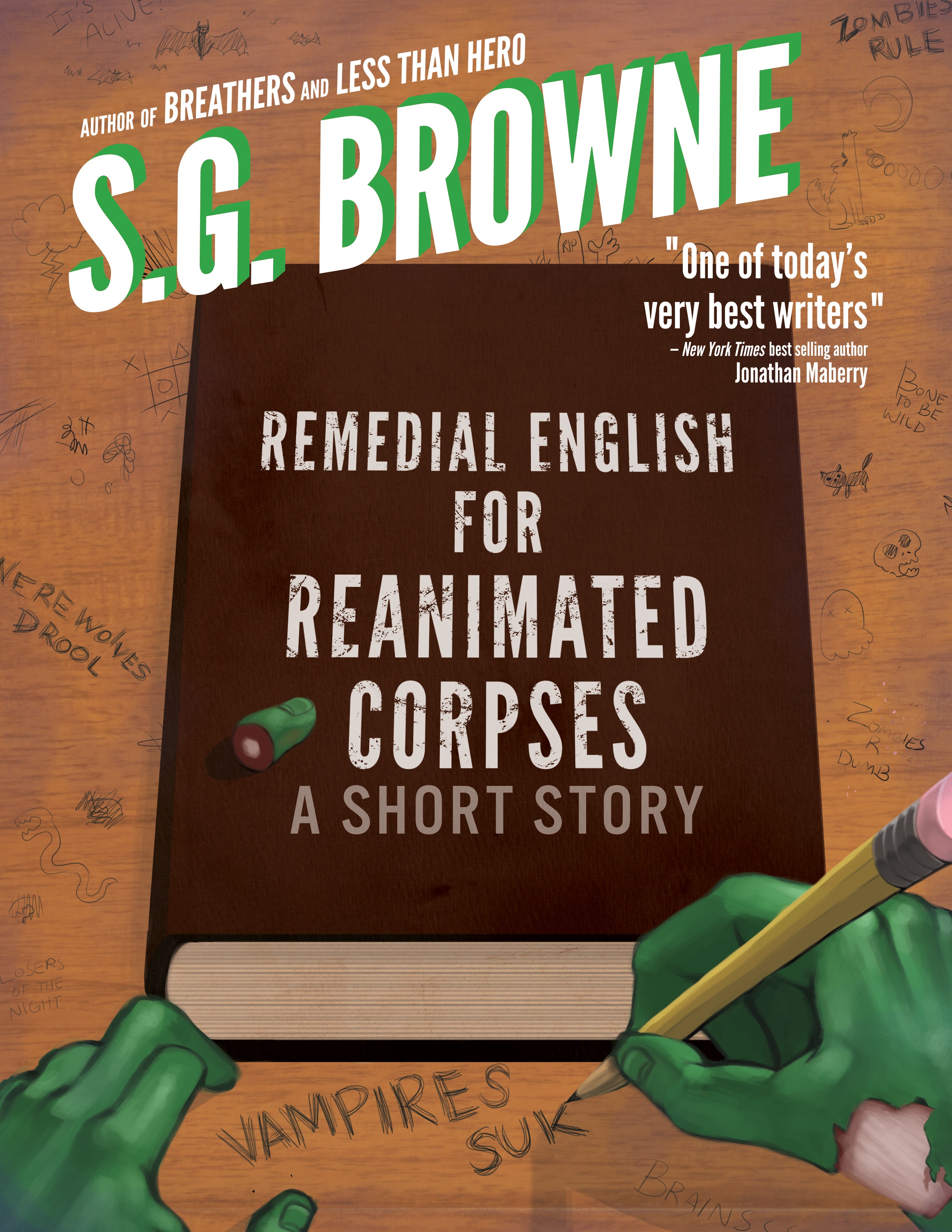
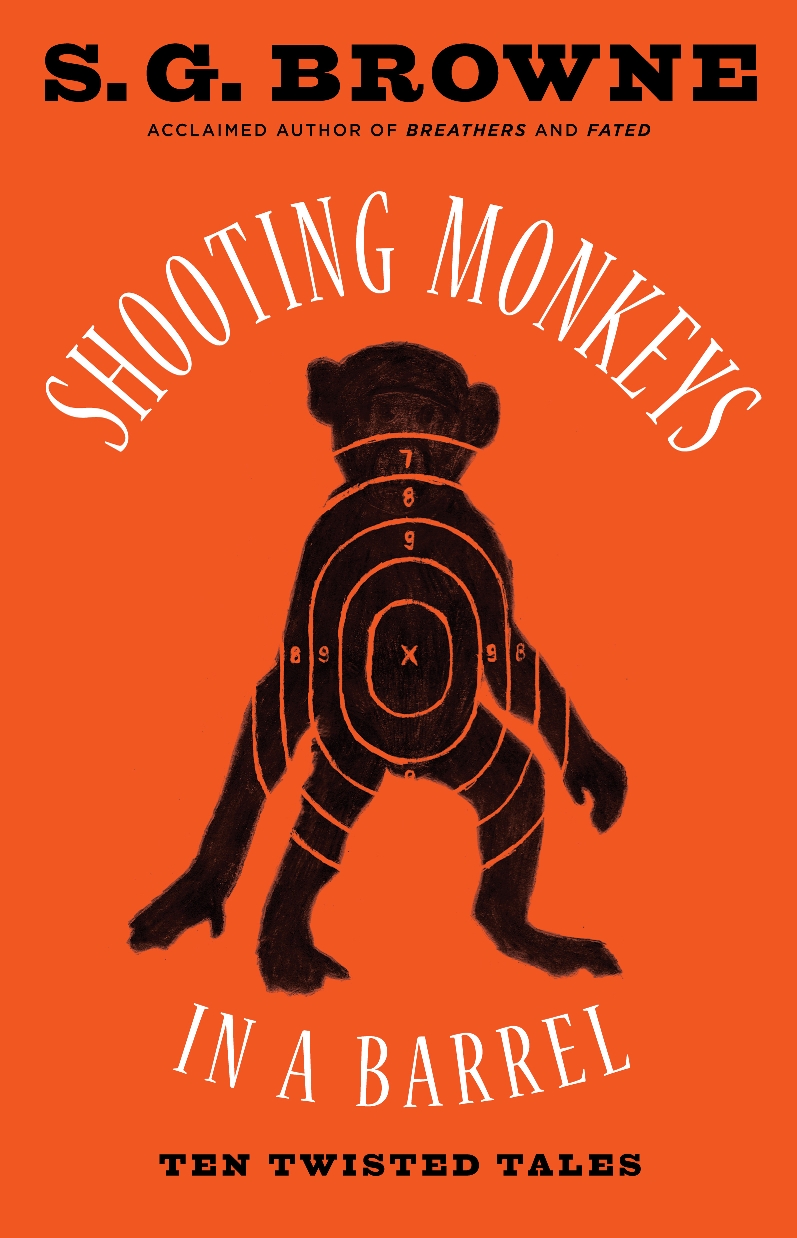
[…] August of last year, I wrote a blog post about dialogue and suggested that any writer or aspiring writer should watch films and read screenplays for a […]
Pingback by The Writing Life: Who’s Afraid of Good Dialogue? | S.G. Browne — October 9, 2012 @ 7:02 am
3declension
Trackback by 3abbreviations — January 12, 2022 @ 2:43 pm